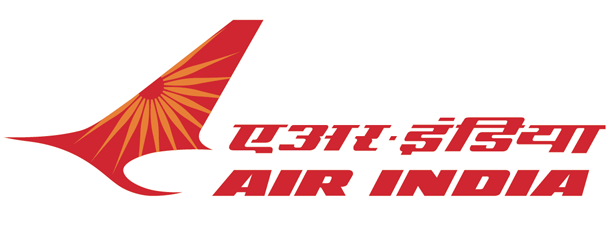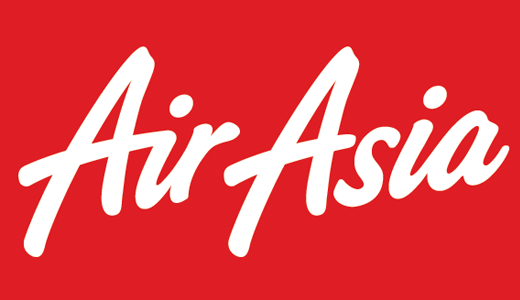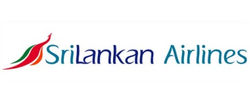Radio communication officer Aeronautical is a person who communicates from the base to aircraft and base and generally posted for ground duties.
International Recognition
The course conducted by Falcon Institute of Aviation Technology and exam conducted by "Ministry of Communication, Govt. of India" and by the International Telecommunication Union, Geneva. The RTR (Aero) License is awarded to the candidates who clear the examinations conducted by above Ministry for obtaining employment and career as radio officer on the Aviation Service and Aeronautical Mobile Satellite Service. Falcon Institute of Aviation Technology is the only Training Institute in northern India with up-to-date facilities.
The syllabus of the communication course is as per the recommendation of "Consultative Committee of International Telegraphy and Telephony (CCITT) and Consultative Committee International Radio (CCIR) Ministry of Communication, Govt. of India authorise to establish, maintain and work as an experimental wireless telephone Station in India.
Interested candidates for this examination are advised to read carefully the provisions of the Indian wireless communication (Commercial Radio Communication) RTR (Aero) License to operate wireless Telephony.
---------------------------------------------------------------------------------------------------------------------------------------------------------------------------------------
Introduction of the Examination
Air R. T (aeronautical) examination is conducted by the Ministry of Communication. Govt. of India. The examination consists of the following Two Parts.
Practical Test Regulations and Procedure
Practical test will be conducted over a synthetic R/T circuit. Candidates will be required to use phonetic alphabets and general procedure for radio telephony working. Candidates will be required to carry out communications associated with Mobile and/or Base stations. Typical examples of what the candidates are expected to carry out are : Preparation of messages for transmission, Exchange of traffic, Use of priorities requesting direction finding assistance, obtaining meteorological information's position reports, distress, urgency, safety and direction finding procedure.
Oral Examination:
(a) Regulations and Procedure:
-
International Telecommunication Convention & Radio Regulations.
-
General and Aeronautical "q" Code Signals and other abbreviations as contained in Annex
10 (vol. I & II) of International Civil Aviation Organization. -
General radiotelephony communication procedures and radiotelephony communication procedure for Distress, Urgency and Direction Finding.
-
Procedures for Distress Communication in Maritime Mobile Services.
-
Words and figures spellings used in radiotelephony.
-
Licensing requirements of installation and operation of radio apparatus used in aircraft.
-
Minimum requirement of radio equipment to be carried on aircraft as prescribed in Annex.
6 of the International Civil Aviation Organization and Civil Aviation Authority in India. -
Flight information regions in India and main radio communication and navigation facilities
available together with principal frequencies to be used for communication and navigation within India. -
Meteorological codes, pre-flight briefing services and their usages.
-
Knowledge of notices to airmen issued by the Civil Aviation Authorities in India as
applicable to the Aeronautical Mobile and Traffic Control services.
(b) Radio Principles and Practice:
-
Electrical units such as volt, ampere, ohm and watt;
-
Wavelength, frequency and their relationship.
-
Elementary knowledge of radio frequency propagation, day and night frequencies, skip distance, ground shadow and its effects on communication, choice of frequencies to attain maximum efficiency in handling air/ ground HF communications.
-
General knowledge of systems employed for air/ground communications including
SELCAL operation, intercommunication and announcing systems of aircraft : elementary knowledge of radio navigation aids, operation of microphones and headphones, Squelch, AVC, Volume control, tuning of transmitter, simplex and duplex operation; advantages and disadvantages of HF Radio Telephone communication; limitations of range due to frequency interference etc.
Note:
1. The maximum marks in each Part-1 & Part-2 are 100 and minimum passing marks is 50 in each part.
Candidates who do not qualify in part I will be considered failed in the R/T examination.
2. References for study are limited to Airmobile service requirements and allied regulatory matters.
3. It is recommended that the candidates in their own interest study the functioning of a typical modern R/T installation on board a civil passenger aircraft as also at the ground station.
------------------------------------------------------------------------------------------------------------------------------------------------------------------------------------
The radio telephony operator's restricted certificate is issued to the candidates who have given proof of the knowledge & professional qualification enumerated in the syllabus.
Job Opportunities
With the astounding growth in civil air traffic around the globe, manpower requirement of airlines is constantly on the increase. Radio officers is a key-person in the operations department of an airline and there is a growing need for trained professional in this field. Total emoluments of pay and allowances for a qualified Radio officer in the aviation field is very attractive. Candidates after getting the license from the Ministry of Communication, Govt. of India can seek employment in the various Indian and Foreign airlines as an aircrew and also for ground duties. The director of our training centre has excellent contacts with various air companies and their recruiting agencies in the country. This is only a training institute and does not give placement guarantee, however the job opportunities are excellent. A list of all license holders is maintained at our office and they will be intimated about the vacancies as and when arises. There is an acute shortage of Radio officers (aeronautical) in the country and abroad. The present practice is that the international and airlines in India directly recruit Radio officers immediately after passing the requisite examinations.
Some of the organizations who provide placement are appended below :
-
Air India
-
Indian Air Lines
-
Jet Airways
-
Spice Jet
-
British Airways
-
United Air Lines
-
Thai Airways
-
Singapore Airlines
-
Lufthansa Airlines
-
Kingfisher Airlines
-
Air Deccan
-
Air Lanka
-
Go Airways
Many other foreign companies are also recruiting qualified communication officer's (Aeronautical.)






















